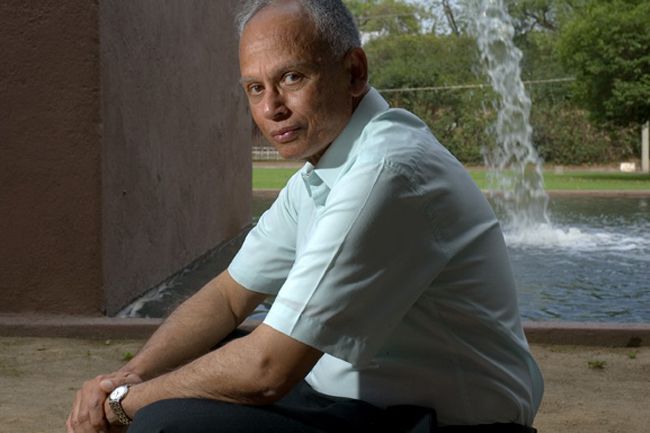
IMPELLER | June, 2006
What are the biggest needs, challenges and opportunities in terms of water supply and wastewater treatment for developing countries between now and 2025?
The world is not facing a water crisis because of physical water scarcities. What it is facing is a crisis in how water is being managed. A direct result of this management crisis is unacceptable levels of water quality in nearly all developing countries.
The studies carried out at our Centre indicate that less than 10 percent of sources of water contamination in Latin America are now being properly treated. We suspect the situation is very similar in Asian developing countries, and probably worse in Africa.
We need to examine what access to sanitation really means. Take Mexico City Metropolitan Area as an example. Wastewater is collected from certain parts of the city, and other parts depend on septic tanks, which are often badly designed, constructed and maintained.
Mexico City now discharges 50 m3/sec of raw sewerage into the Mezquital Valley, which is then used for agricultural purposes. Residents of the city are now considered to have access to sanitation, but the real problems have not been solved, they have simply been transferred from one location to another.
Imagine, half of us water quality impairment comes from agriculture: only about 10 percent comes from municipal sources. Thus, if we consider all sources, the future of water quality in developing countries appears very grim.
What can developing countries realistically do to improve their water and wastewater treatment?
Policy makers in developing countries must realise a number of issues: Water quality is as important an issue as water quantity. The existing technical and management capacities on water quality, at all levels, are inadequate. New and innovative ways must be found for investments needed for constructing and maintaining infrastructure for water quality management. Decades of neglect, mismanagement and underfunding have made the problems serious and often critical. Consumers must pay for water quality improvements, with targeted subsidies provided to the poor. Funding from the West for water and wastewater treatment plants should not be accepted unless plants are very specifically designed for developing countries’ conditions, including very high seasonal rainfalls, and the ability of local people to operate and maintain them properly.
Are there particular solutions to water problems that developing countries face that are most appropriate for them?
Many of the solutions that are working in one developing country may work better in another developing county, compared to a solution imported directly from the West. Especially since many developing countries have similar social, economic, institutional and environmental conditions.
Our Centre has started a series of knowledge synthesis studies for developing countries. Our main focus so far has been on Latin America, but we have also looked at South and Southeast Asia, the Middle East and North Africa. Among some good examples we have found are private sector involvement in financing, constructing and managing large dams in Turkey, provision of rural water supply in. Morocco, use of information technology systems in Sri Lanka, and water supply and wastewater management in Chile and Singapore.
Are there things that developed countries can learn from how developing countries are solving their water problems?
All developed countries can learn from Singapore on how best to manage urban water supply and wastewater management systems efficiently and equitably. Water losses are now 5 percent in Singapore. I am not aware of a single Western European country which even comes close to even double this loss. Most are much higher. There are other similar examples.
What is next for you?
I intend to speak out often and more forcefully when I do not agree, with existing global thinking and solutions, irrespective of their popularity.
Harold Macmillan, the former British Prime Minister, said: “After a long life, I have come to the conclusion that when all the Establishment is united, it is always wrong.” I am coming to a very similar conclusion for the water sector!